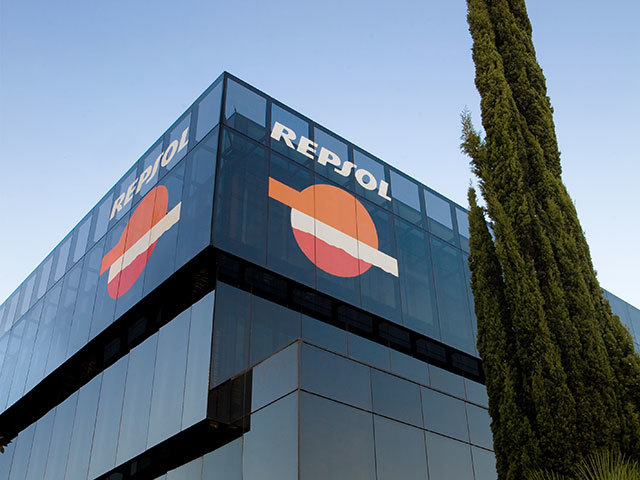
Repsol’s (BME:REP) much-anticipated Rencong-1X wildcat exploration well in the frontier deep-waters of Indonesia’s North Sumatra basin has failed to find commercial oil and gas reserves.
The probe, spudded in the Andaman III Block in July using the West Capella drillship in waters 1,100 metres deep, has been declared a dry hole, Director General of Oil and Gas at the Ministry of Energy and Mineral Resources, Tutuka Ariadji, told Indonesia’s parliament earlier this week.
Petronas has a 51% stake in the block that is operated by Spain’s Repsol.
Significantly, the block is adjacent to the Andaman II block, where operator Harbour Energy (LON:HBR) discovered gas and liquids earlier this year, using the same drillship, at its play opening Timpan-1 exploration well.
The region, which is largely undrilled, offers the potential for big gas discoveries. Harbour’s recent initial success at Timpan-1 has revived interest in the area.
Harbour Energy plans to drill three more exploration wells in its block next year, while Mubadala Energy is also lining up some exploration wells in the Andaman region offshore Aceh.
The entire Andaman Sea area from Aceh to the Gulf of Martaban (Myanmar), which includes the North Sumatra basin in the south, has no known oil generating source rocks. Only gas accumulations, such as Arun and Yetagun, are known. Therefore, deep-water gas accumulations are possible, but the presence of good reservoirs remain a major risk.
